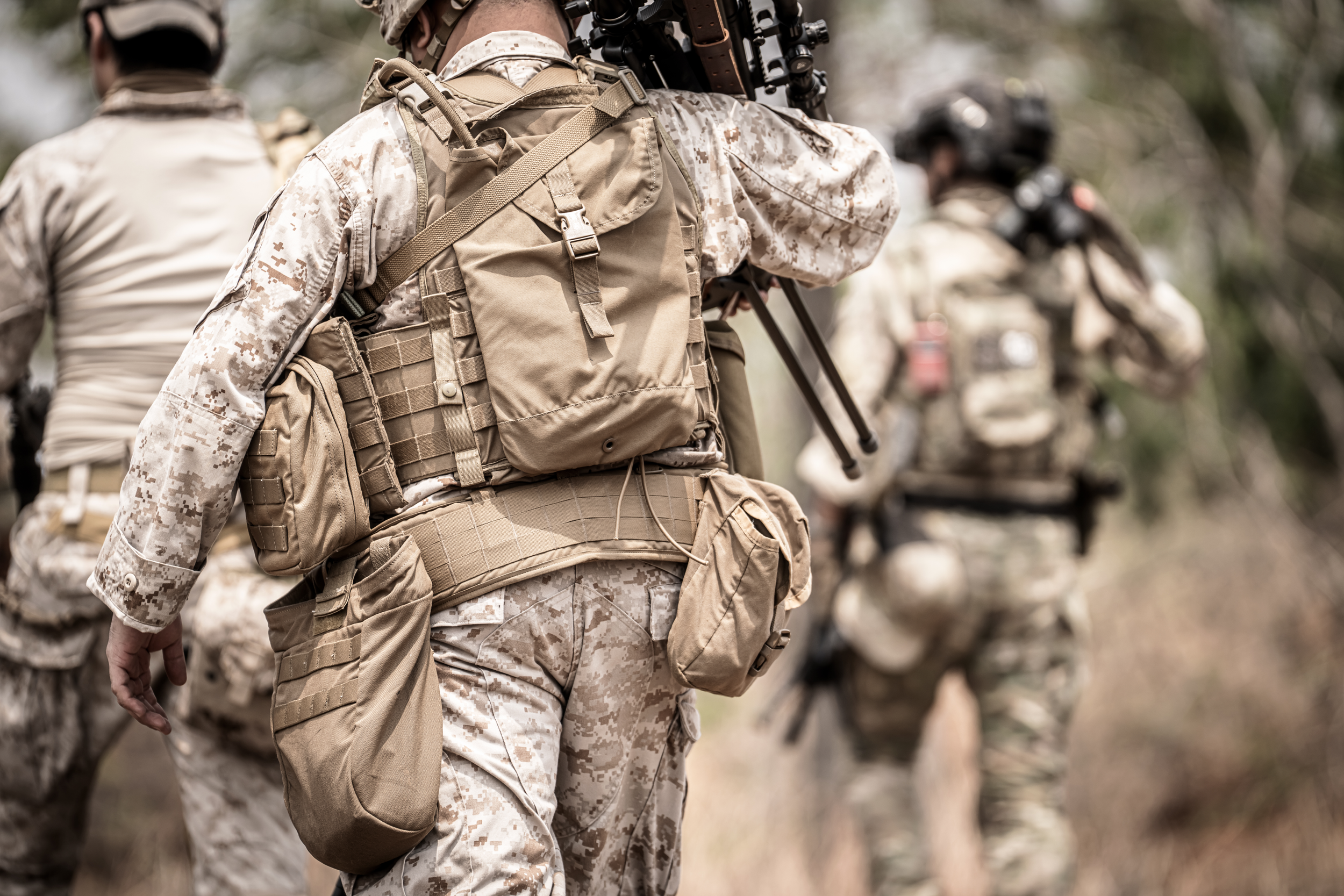Leadership Without a Desk: Lessons from the Field
Leadership is often imagined as something that happens in an office, with meetings, reports, and strategy sessions. For me, leadership has always been about what happens in the field — whether that was in a desert halfway around the world, a production floor, or a housing facility full of people who rely on us to keep them safe and supported.
Lessons Learned in Small Units
I started my career as an infantry leader, attached to a Surveillance and Target Acquisition (STA) platoon. Operating in a small unit taught me more about leadership than any classroom ever could. When you are out there with only a handful of Marines, you do not have the luxury of waiting for instructions or hiding behind a chain of command.
You make decisions, you own the outcomes, and you stay accountable to the people next to you. That experience shaped the way I lead today. It taught me that real leadership happens where the work is done, and that trust and presence are non-negotiable if you expect others to follow you.
Translating That to Operations
When I moved into logistics and operations after leaving the Marine Corps, those lessons stayed with me. In a lab environment, I made it a point to learn every process before rewriting any SOPs. In scaling consumer brands, I spent time on the production floor to understand where the bottlenecks really were. Today, I walk facilities, talk with staff, and sit with participants when there is a crisis.
The same principle applies: be where the work is happening, understand it deeply, and lead by example.
Decentralized Command and Accountability
STA platoons are built on decentralized command. Everyone has to be able to operate independently and make decisions with minimal supervision. That concept carried forward into how I run teams today.
I encourage supervisors and staff to make decisions at their level, to take ownership, and to learn from the results. This is more than operational efficiency, it builds confidence and self-reliance. It turns employees into problem-solvers and, over time, into leaders themselves.
When someone takes responsibility for their decision, they are invested in the outcome. That level of accountability is contagious and creates a stronger, more resilient team.
Mentorship Beyond the Job
Training the next generation of leaders is not just about teaching them their daily tasks. It is about helping them build skills that will serve them in every part of their life, decision-making, communication, resilience under pressure.
Gen Z in particular values mentorship and purpose. When they understand why their work matters, whether it is keeping census data accurate or making sure medication is delivered on time, they start to take pride in it. That pride builds confidence that follows them outside of work, into their relationships and future careers.
Why Presence Matters
Being present as a leader is what keeps small issues from becoming big ones. It shows your team that you understand their reality and are willing to shoulder the same weight they do. Presence builds trust, and trust is what keeps a team moving forward even when conditions are tough.
A Model for Future Leaders
Over the course of my career, from the Marine Corps to the private sector to running multi-facility operations. I have learned that leadership without a desk is the most effective kind. It creates stronger teams, better decisions, and future leaders who are capable of standing on their own.
Leadership is not just about directing people. It is about building them up, teaching them to think for themselves, and giving them the confidence to act. When that happens, the whole organization gets stronger.
